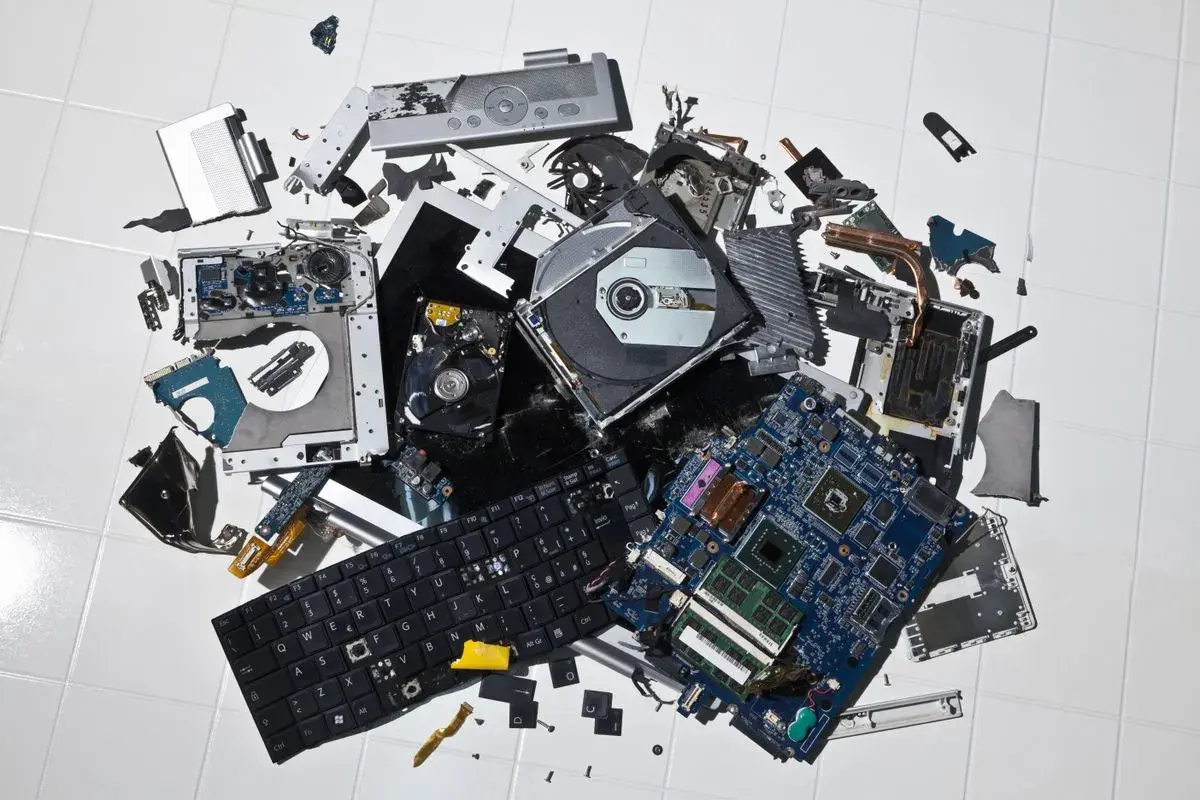Analysts have warned Windows 10 end of life plans could spark a global torrent of e-waste, with millions of devices expected to be scrapped in the coming years.
Research from Canalys shows that up to 240 million PCs globally could be terminated as a result of the shift over to Windows 11, raising critical questions about device refreshes and the responsibility of vendors to extend life cycles.



In that case, big corporations are already on Windows 11 and have thrown away any Windows 10 computer that couldn’t upgrade. Most of those machines go home with people though.
if this was true then Windows XP and 7 wouldn’t have lasted as long as they did.
I know someone who only just switched from XP to 10. They literally did it yesterday, after battling with 10 for a couple of months - eventually they relented and replaced the components that were simply too old to work with 10. They only upgraded they reached a point where too much of the software they relied upon ceased being compatible with XP. Technically their 15 year old graphics card is now unnecessary landfill, since it was working and my friend didn’t want to stop using it - but I’m not sure I’d say a graphics card that has been in continuous use for so long could really be considered “wasted” even if it was still functional at the time of disposal.
Seems to me that the problem of working computers (and individual components) going to waste while still being usable, due to changes in software requiring changes in OS is not new. The only way to prevent it would be to ban all further development of both hardware and software, so that hardware never becomes out of date.
@frog @MJBrune I don’t think we need to ban development, I think we need to resume focus on optimization so that things like a chat app don’t take up 1+ GB of RAM for example. If the operating system can still fit in old hardware’s specs, then unless someone is trying to do a task that is demanding for the currently available hardware (and it sounds like 15yo graphics card ain’t in that demographic) then it should largely be a case of update operating system, grab new versions of programs, and be about your day.
You say that, but just like with XP, Microsoft announced a paid subscription to Windows 10 security updates for up to 3 years after the EOL date. There are probably a good number of companies who haven’t switched yet or will not be able to switch easily.
Sure I feel like the difference there is large corporations vs companies. I worked with a company that used Windows 98 in 2010. Probably used it until they shut down in 2019. That one computer probably lasted the lifetime of the company.
So those who can’t switch, won’t, and that’s fine, it’s still a usable computer without putting Linux on it. Those who can put Windows 11 on their computers will. Those who can afford new computers will upgrade. It’s not like these computers weren’t going to get replaced at one point anyway. Like this article points out, it “could” prompt a torrent of e-waste but realistically, it probably will produce the same amount of e-waste as we always have but now be under a different lens.